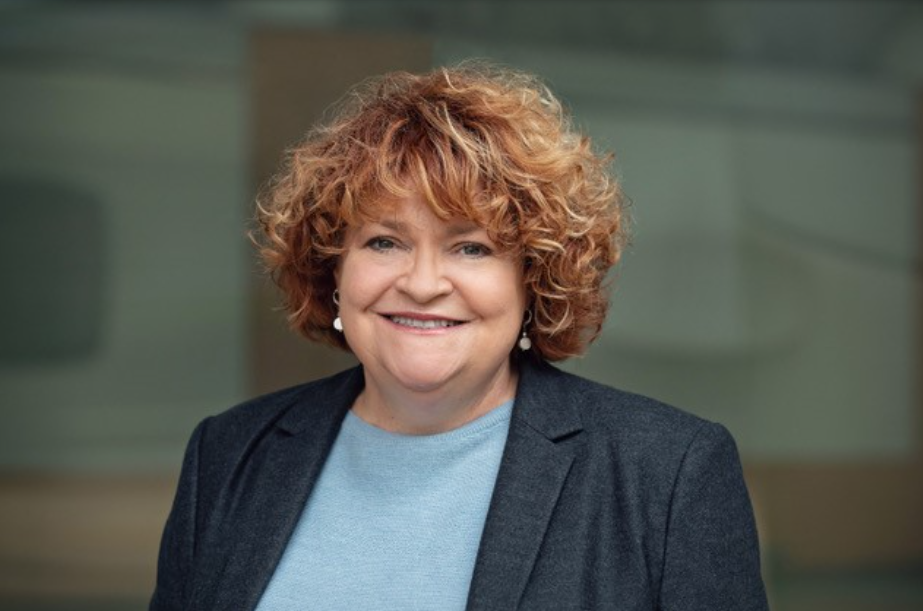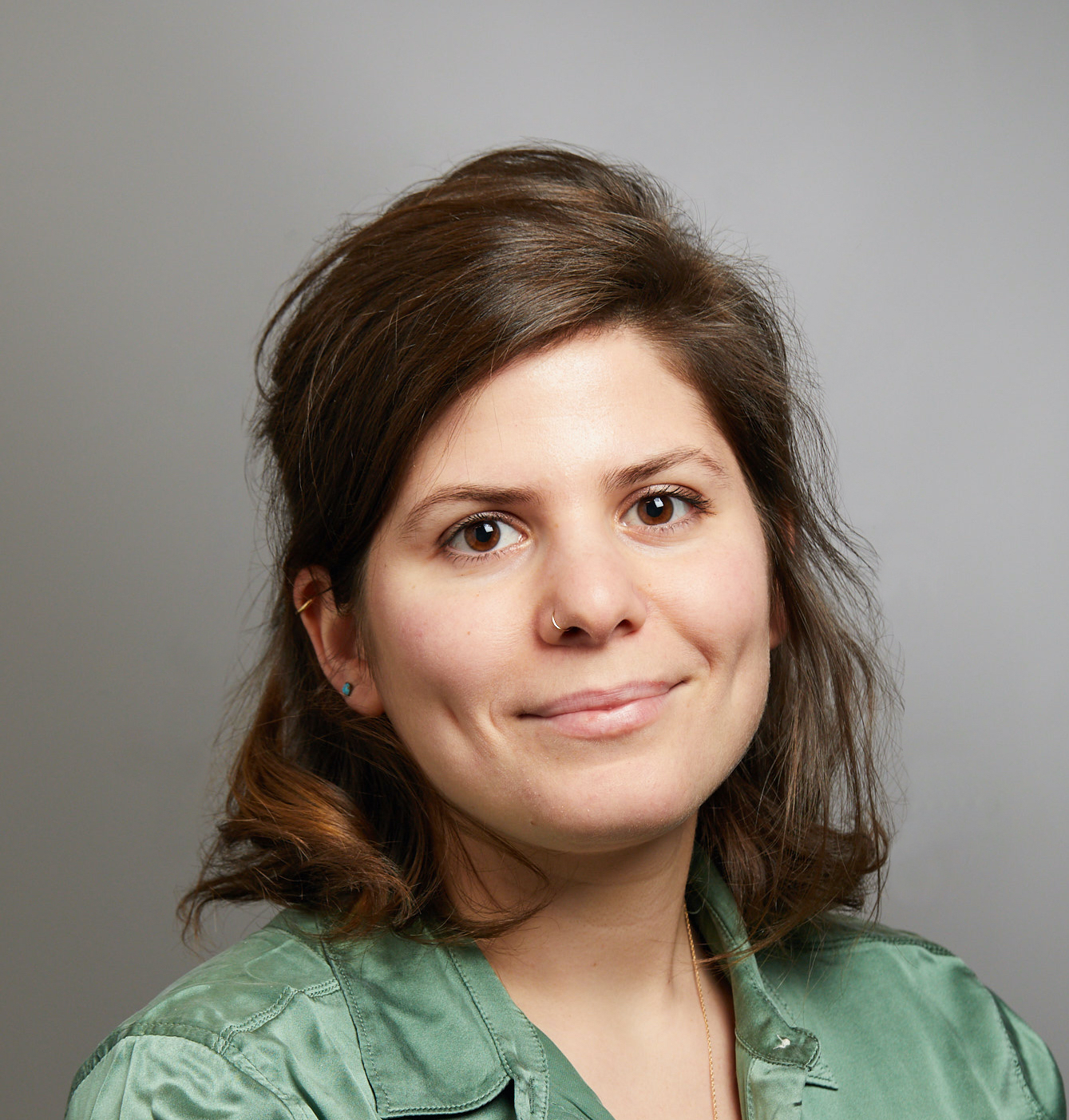This grant is a Robert Withrow Wier Grant.
Neonatal Hypoxic Ischemic Encephalopathy (HIE) is a condition where the newborn brain does not receive enough oxygen or blood flow for a period. HIE, Hypoxic (lacking oxygen) Ischemic (restricting blood flow) Encephalopathy (affecting the brain), affects about 2-3 in every 1,000 full-term births, and is the most common cause of seizures in newborns. Unfortunately, first-line treatments, such as phenobarbital (PB), fail to curb seizures in ~50% of newborns that suffer HIE brain injury. Therefore, HIE is a frequent cause of drug-resistant epilepsy in need of novel therapies. Dr. Kadam and her team at AXONIS Therapeutics are developing a novel anti-seizure medication that increases the function of KCC2 (potassium chloride co-transporter 2), an important protein in the brain involved in inhibiting brain excitability. This study will generate key data showing that AXONIS’ brain-penetrating, KCC2-potentiating drug can treat refractory neonatal seizures and prevent epileptogenesis in a neonatal phenobarbital-resistant mouse model of HIE.









